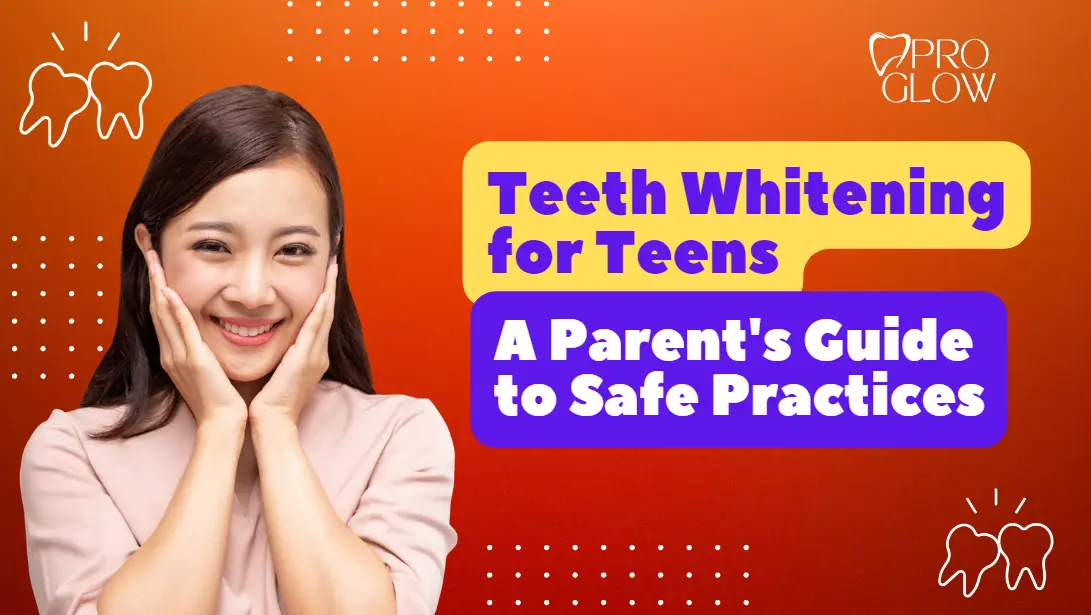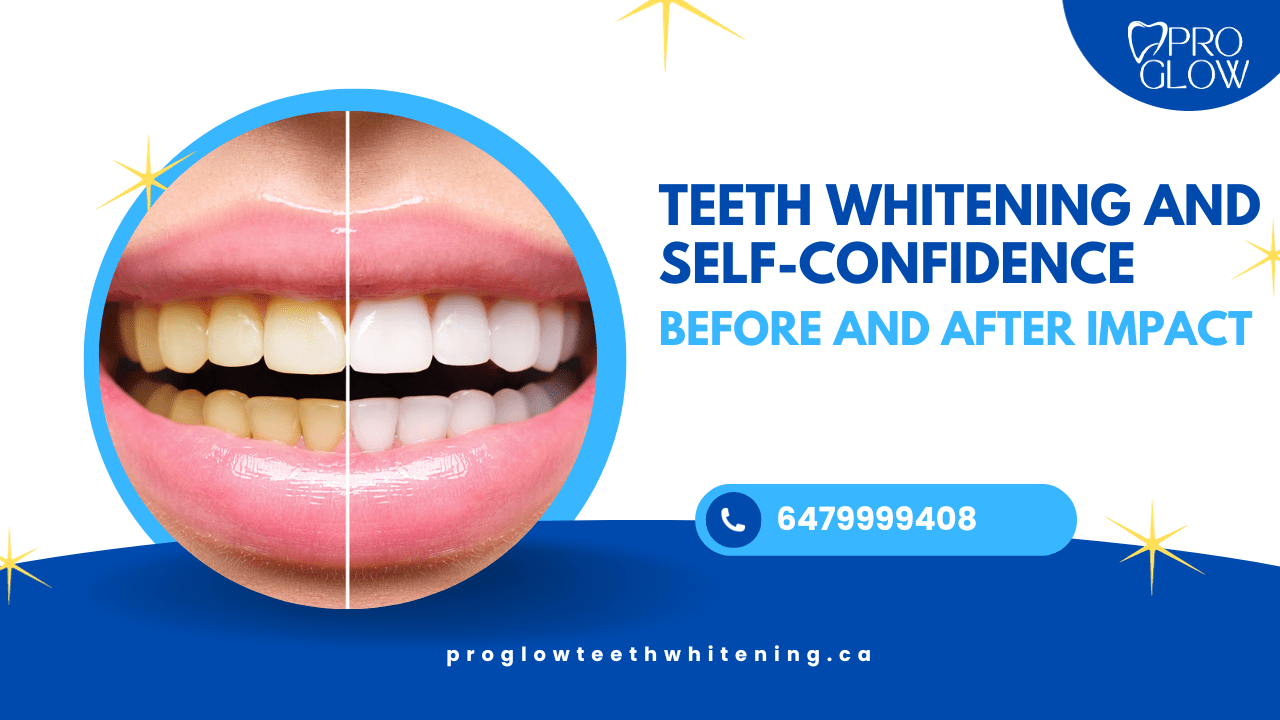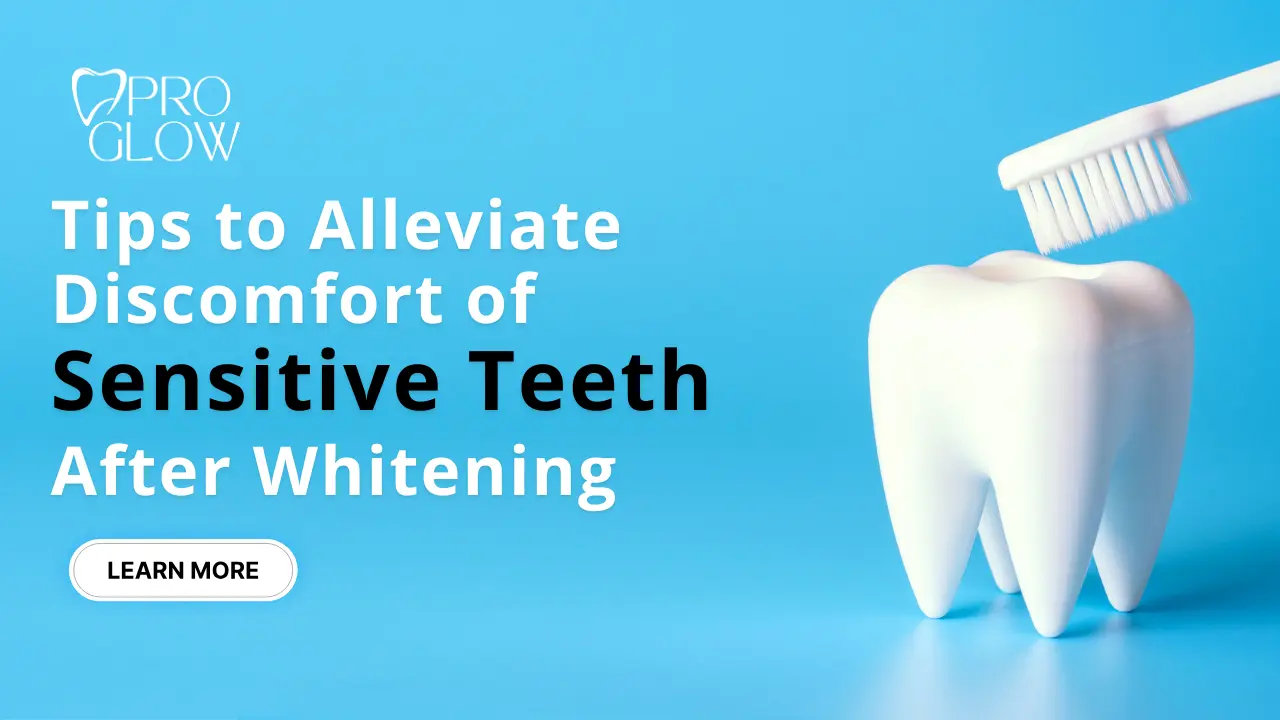As adolescents navigate the challenges of adolescence, the quest for self-confidence and an attractive appearance becomes increasingly important. A bright, white smile is often associated with vitality and good health, making teeth whitening in Toronto an appealing option for many teenagers. However, as a parent, it’s crucial to guide your teen through this process safely and responsibly. In this comprehensive guide, we’ll explore the world of teeth whitening for teens, addressing safety considerations, age-appropriate methods, and the importance of parental involvement.
Understanding the Teenage Smile
Teens face unique dental challenges influenced by factors such as diet, oral hygiene habits, and lifestyle choices. Common issues include extrinsic stains from colored beverages and foods, as well as intrinsic discoloration due to factors like genetics or medications. While teeth whitening can be a viable solution, it’s essential to approach it with caution, considering the specific needs of a teenager’s developing dental structure.
Before You Begin: The Importance of a Dental Check-Up
Before embarking on any teeth whitening journey, schedule a comprehensive dental check-up for your teenager. A dentist will assess their oral health, identify any existing dental issues, and determine if teeth whitening is a suitable option. This step is crucial in ensuring the safety and effectiveness of the whitening process.
Safe Teeth Whitening Options for Teens
Teens have several options for teeth whitening in Toronto to choose from, each with its considerations regarding safety and effectiveness. As a parent, understanding these options allows you to make informed decisions that align with your teenager’s needs.
-
Professional In-Office Whitening:
Overview:
Conducted by a dental professional, in-office whitening is a fast and effective option.
Safety Considerations:
This method is generally safe under professional supervision, but it may cause temporary tooth sensitivity.
Parental Involvement:
Parental consent is required, and parents should discuss potential side effects with the dentist.
-
Take-Home Whitening Kits:
Overview:
Dentists may provide custom-fitted trays and professional-grade whitening gel for home use.
Safety Considerations:
Follow the dentist’s instructions carefully to minimize the risk of overuse and sensitivity.
Parental Involvement:
Parents play a crucial role in ensuring proper usage and monitoring any adverse reactions.
-
Over-the-Counter Whitening Products:
Overview:
Available in the form of strips, gels, or trays, these products are accessible without a prescription.
Safety Considerations:
Use cautiously, as overuse or misuse may lead to sensitivity or uneven whitening.
Parental Involvement:
Parents should supervise product selection and application, ensuring adherence to recommended guidelines.
-
Natural Remedies:
Overview:
Some teens may opt for natural remedies for teeth whitening in Toronto like baking soda or activated charcoal.
Safety Considerations:
While generally safe, these methods lack scientific validation, and their abrasive nature may pose risks to enamel.
Parental Involvement:
Parents should guide teens away from unverified natural remedies and encourage evidence-based practices.
Parental Guidance: Dos and Don’ts
As a parent, your role in your teen’s teeth whitening journey is crucial. Implementing safe practices and fostering open communication can contribute to a positive and responsible experience.
Dos:
Consult with a Dentist:
Before starting any teeth whitening treatment, schedule a consultation with a dentist to ensure it’s a suitable option for your teen.
Emphasize Oral Hygiene:
Prioritize regular brushing, flossing, and dental check-ups to maintain overall oral health alongside the whitening process.
Supervise Product Selection:
If opting for over-the-counter products, guide your teen in selecting reputable brands and formulations.
Monitor Whitening Duration:
Ensure your teen follows recommended usage durations to prevent overuse and potential side effects.
Encourage Reporting of Sensitivity:
Teach your teen to communicate any tooth sensitivity or discomfort promptly, allowing for adjustments in their whitening routine.
Don’ts:
Avoid Unsupervised Usage:
Discourage unsupervised use of whitening products, emphasizing the importance of parental involvement.
Steer Clear of Excessive Whitening:
Warn against excessive whitening, as it can lead to tooth sensitivity and compromise dental health.
Caution Against Unverified Remedies:
Advise against experimenting with unverified natural remedies without consulting a dentist.
Discourage Frequent Touch-Ups:
Explain the importance of allowing sufficient time between whitening sessions to prevent enamel damage.
Addressing Common Concerns: Sensitivity and Consistency
Two common concerns associated with teeth whitening, especially for teens, are tooth sensitivity and consistency in results.
Managing Tooth Sensitivity:
- Encourage the use of toothpaste designed for sensitive teeth during the whitening process.
- Advise your teen to avoid extremely hot or cold foods and beverages immediately after whitening.
- If sensitivity persists, consult the dentist for personalized recommendations.
Ensuring Consistency in Results:
- Emphasize the importance of consistency in oral hygiene practices alongside whitening.
- Monitor your teen’s adherence to recommended guidelines to ensure uniform and lasting results.
- Schedule regular dental check-ups to address any emerging issues and maintain a consistent whitening routine.
Conclusion: Nurturing Healthy Smiles and Confidence
Teeth whitening in Toronto can be a positive and confidence-boosting experience for teens when approached with care and responsibility. As a parent, your guidance plays a pivotal role in ensuring the safety, effectiveness, and overall well-being of your teenager throughout the whitening journey. By fostering open communication, consulting with dental professionals, and emphasizing consistent oral hygiene practices, you contribute to the development of a healthy, bright smile that goes hand in hand with your teen’s growing self-confidence.




